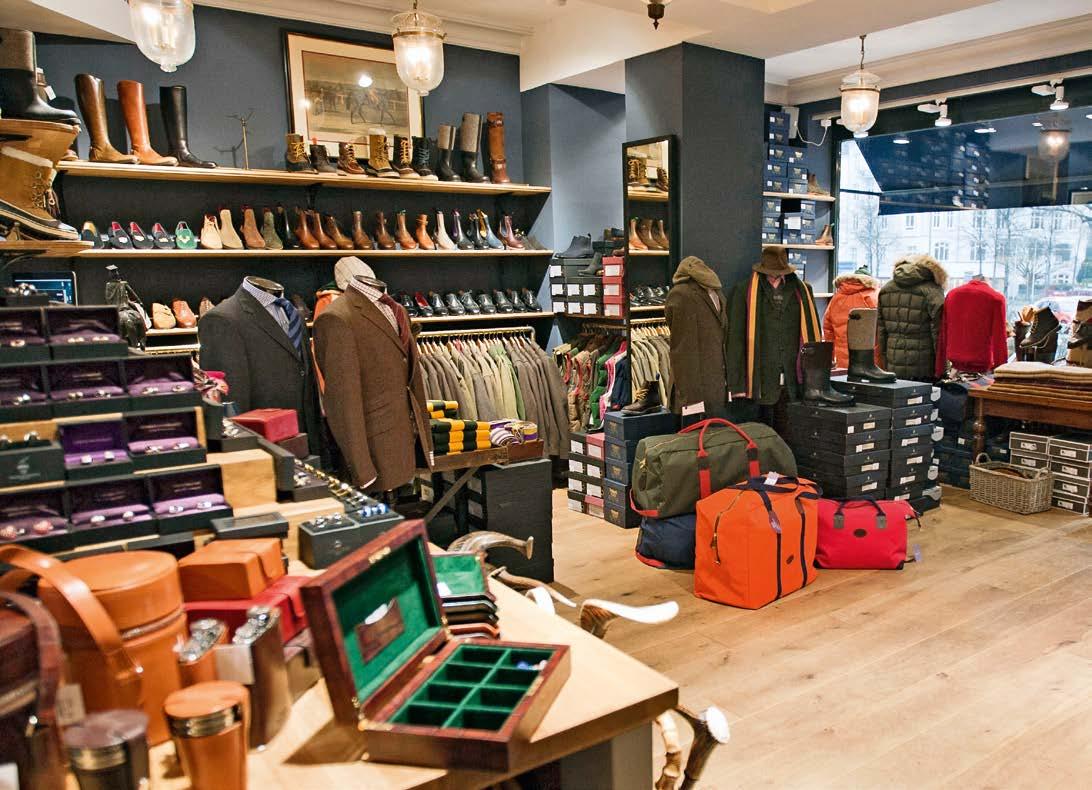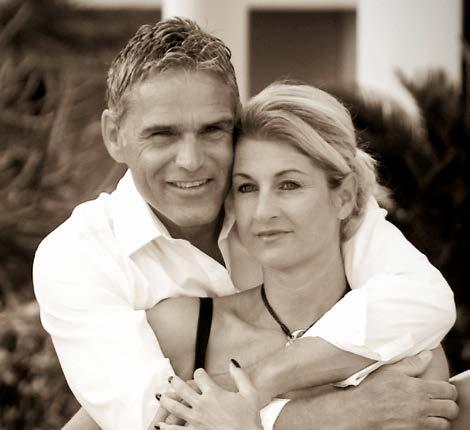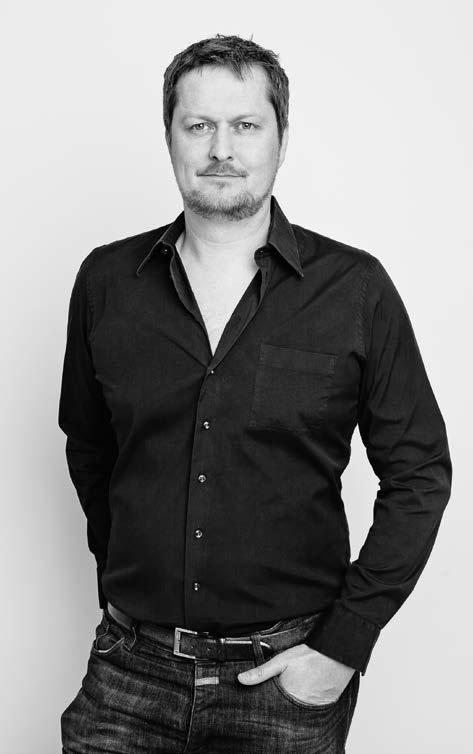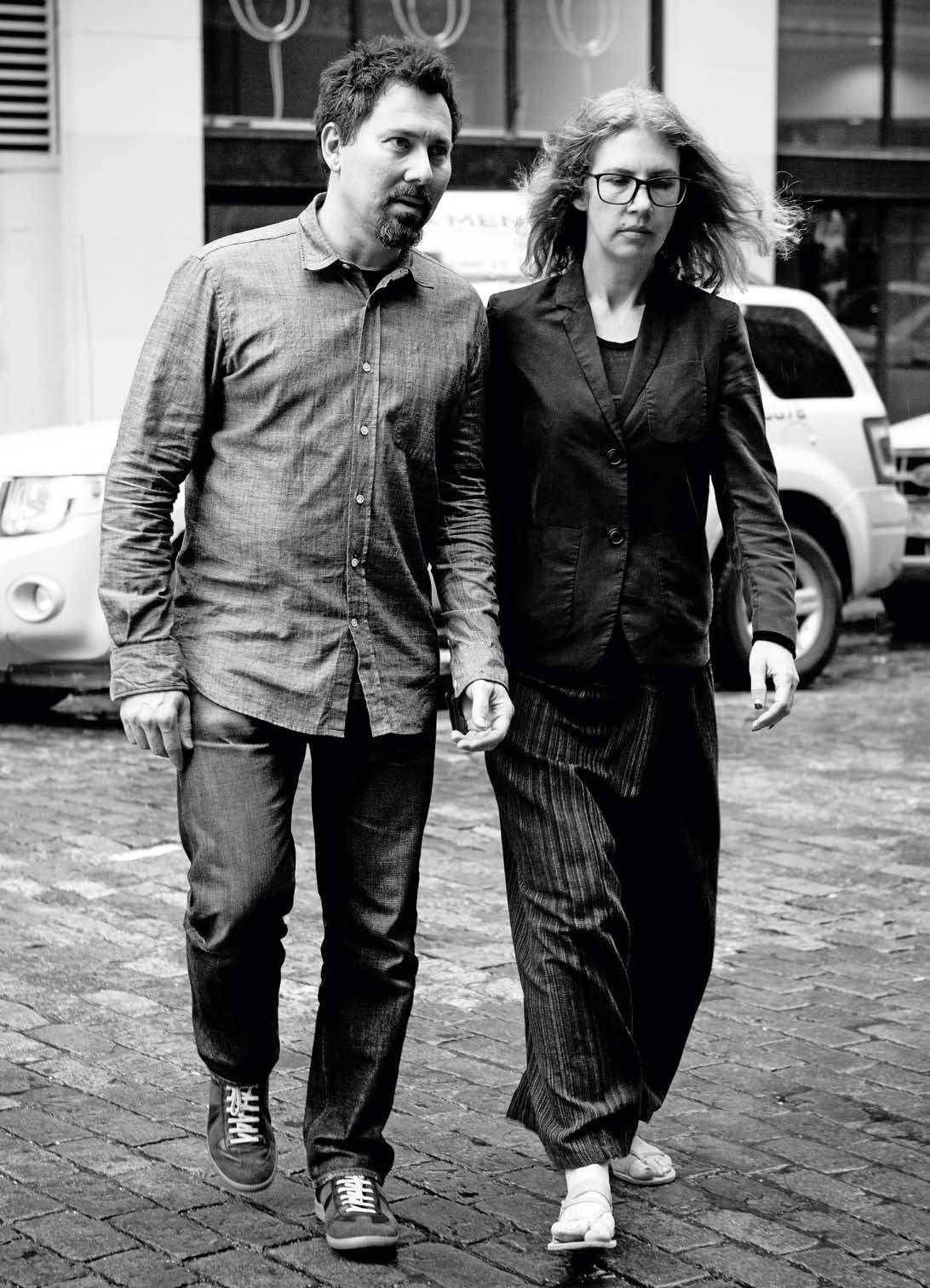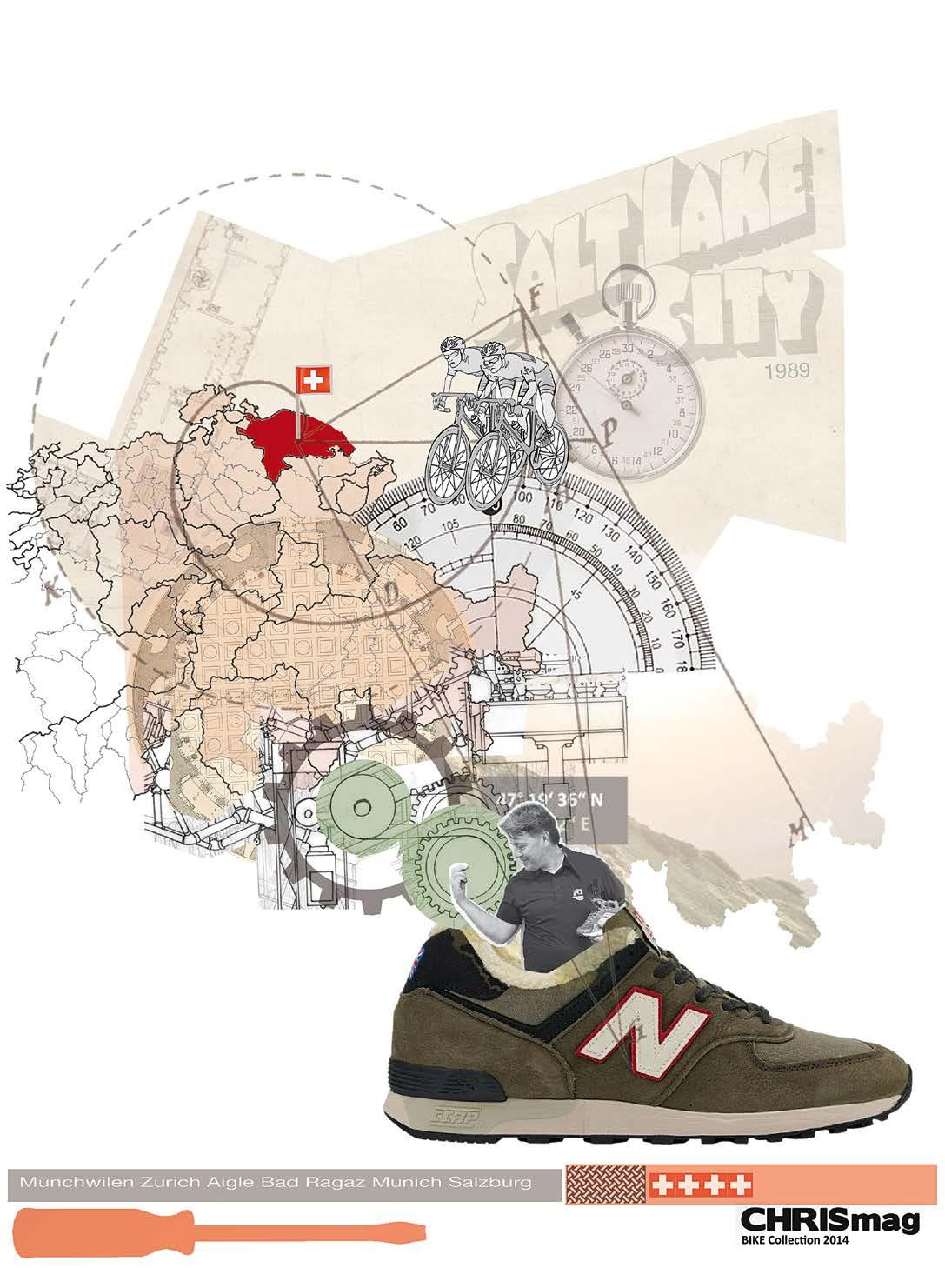
5 minute read
Coffee Grounds with New Life
Ecoalf , the label of Spanish businessman Javier Goyenche, has only been on the market for a few years, but its innovative approach has already earned it many admirers. Used fishing nets, coffee grounds, and old tyres are used as starting materials for the creation of a fashionable upcycling collection. Celebrities such as Gwyneth Paltrow love the idea.
Text: Ina Köhler. Photos: Ecoalf
When was Ecoalf founded? What was the idea behind it?
Ecoalf was founded in 2009. The idea was to create a fashion brand that is truly sustainable. The concept was born on the back of my frustration with the excessive use of the world’s natural resources and the amount of waste produced by industrialised countries. It appeared to me that the way to tackle these issues is to stop using our planet’s resources in a careless way (all studies show that we are presently using five times more natural resources than the planet is able to compensate). Therefore, recycling could be the solution. When we scanned the market for recycled materials, the main problem was that the choice was limited and of very poor quality. Furthermore, most fabrics merely contained a very low percentage of recycled material (15 to 20 percent). I therefore realised the need to strike partnerships with factories in order to develop suitable fabrics, lining, straps, labels, and cords made of recycled materials. By heavily investing in Research & Design (R&D) and travelling around the globe to identify the ideal manufacturing resources, we carefully built the foundation for Ecoalf. By integrating breakthrough technology, we aimed to create clothing and accessories that are made entirely from recycled materials. However, we didn’t want the items to look as if they were recycled.
What is the story behind your label’s name?
The inspiration for the name Ecoalf came from the initials of my son, Alfredo. Ecoalf symbolises my vision of fabrics and products for future generations.
Tras(h)umanity, the manifesto on your website, highlights the importance of new technol ogies. How important is this aspect for your company?
Technology and R&D is essential for a company like Ecoalf. We currently have eleven active alliances throughout the world (Taiwan, Korea, Portugal, Mexico, Spain, etc.), which allows us to continually develop all aspects that are necessary to successfully utilise recycled materials in the manufacturing process. Discarded fishing nets, used plastic bottles, worn-out tyres, post-industrial cotton, and even coffee grounds can be turned into outerwear, swimsuits, sneakers, and accessories. We can only achieve the textures we want by using highly sophisticated and innovative processes.
What is the most innovative technology you are working with?
I’d say the technology we are currently developing to transform PET from the oceans into high-quality yarn. PET that has been in the ocean for many years is very unstable due to the exposure to salt, water, sunlight, etc. Just imagine, it takes 600 years for a plastic bottle to decompose in the ocean…
From where do you get your materials such as fishing nets, coffee grounds for the fabrics, and tyres?
We have contracts with various companies. For example, SIGNUS Line recycles 90% of the worn-out tyres in Spain. We obtain discarded fishing nets
from different ports around the globe, and so on.
Do you only work with recycled fabrics or are other details such as zippers and buttons also recycled?
We produce the straps, labels, laces, and such ourselves; they are made of various recycled waste. We still have an issue with the zippers, which are not yet recycled due to a lack of quality. Our ultimate aim is to create a new generation of products that are 100% recycled, yet still have the same high level of quality and design as the best non-recycled products.
How important is upcycling/recycling for the fashion design process in general? Is this a future growth sector?
I can’t imagine the future going in any other direction. Sometimes it seems humans live on this planet as if they have a spare one to go to.
Where are Ecoalf items produced? Are they manufactured exclusively in Spain, or also in other countries?
We manufacture where we produce. If we recycle used tyres in Spain, then we produce the flip-flops in Spain. If we recycle discarded fishing nets in Korea, then we produce the products made of that material in Korea. You get the picture…
Do you use certifications such as GOTS or other sustainability control instruments?
We use GRS (Global Recycled Standard), Blue Sign, and ÖkoTex.
How important are these certifications for companies like Ecoalf?
They are VERY important.
In which countries are the consumers most aware of sustainability issues?
I would say that people in the US are more aware than others. 50 percent of our sales are generated in the US.
There are a lot of new sustainable companies popping up around the globe, yet com panies like Primark, which don’t care about producing tons of cheap fashion, are also experiencing immense growth. How will the fashion industry change over the next ten years?
I believe it’s the consumer who is changing. Consumers seek out companies that represent values they feel comfortable with. I really believe the change is going to be caused by the consumers.
In your opinion, what can governments do to improve production conditions?
Governments could promote the percentage of waste recovery. Occidental countries only recover and recycle 40% of the waste they produce. That is a truly dramatic situation!
The Ecoalf brand, founded by Javier Goyenche in 2009, focuses on high-end upcycling. Elaborate recycling processes transform old materials into fashionable products such as shirts, jackets, backpacks, bags, shoes, and swimwear for men, women, and children. The company, which is headquartered in Madrid, has developed into a global business with customers such as Reyer in Hallein, United Arrows in Japan, and Galeries Lafayette in Beijing. Ecoalf’s first own shop is located in Madrid and was built using recycled materials only. Furthermore, customers can purchase Ecoalf items via the brand’s online shop. Countless collaborations with celebrities ensured that the Spanish company rose to fame quickly. Ecoalf teamed up with the website Cool Hunting for an anorak edition. And for Goop, the website run by Gwyneth Paltrow, the brand produced a special vest and backpack. www.ecoalf.com

